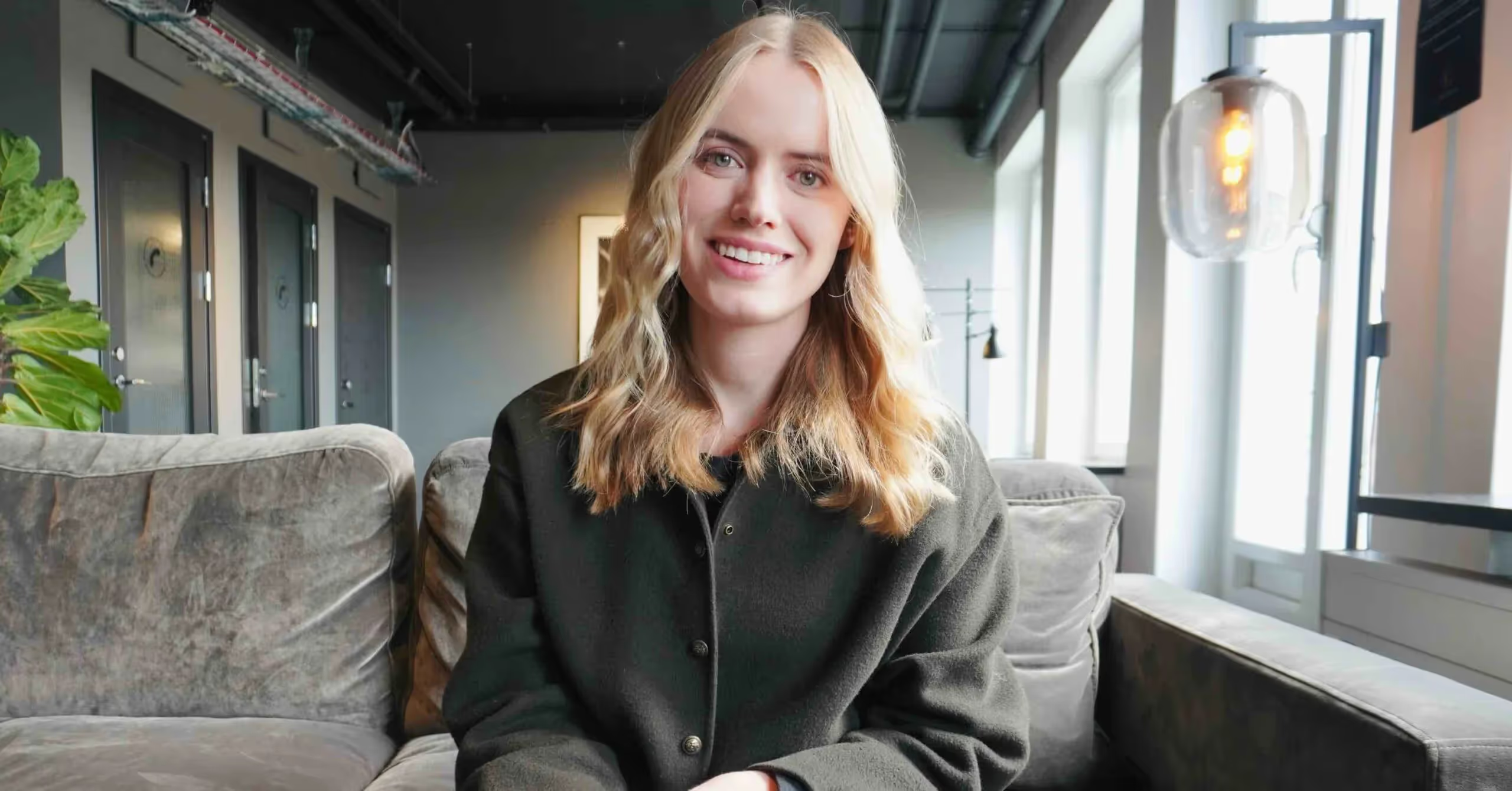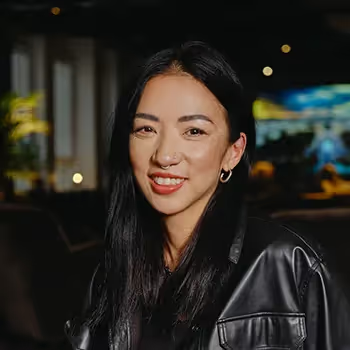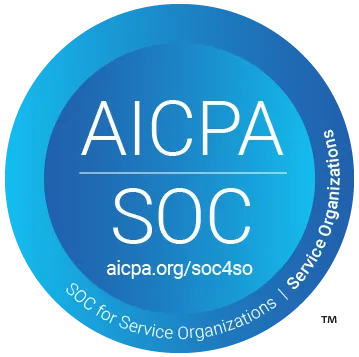Meet Alexandra Hotti: From Graph Neural Networks to Building Web Agents


Growing up in a suburb just outside Stockholm, Alexandra Hotti stayed close to home most of her life, except for a brief period abroad in the U.S. during high school. Today, she’s back in central Stockholm, living with her fiancé and focusing on the world of AI at QA.tech as an AI Engineer. With a background rooted in academic research and machine learning, Alexandra’s journey has been anything but ordinary.
“I was first introduced to Machine Learning during my Bachelor’s at KTH, through a course called Language Engineering with an Introduction to Machine Learning,” Alexandra recalls. Taught by Johan Boye, the course ignited her interest in the field.
“Although it wasn’t that long ago, language models and chatbots were nowhere near as advanced as they are today.”
This initial spark led her to pursue a Master’s degree in Machine Learning, also at KTH. During her studies, a course by Jens Lagergren deepened her fascination, especially with probabilistic machine learning and Bayesian statistics.
But she wasn’t ready to stop after her Master’s. “As I approached graduation, I realized I still had more to learn, which ultimately led me to pursue a PhD under Jens’ supervision,” she says.
Connecting Academic Research to Real-World Applications
Alexandra’s PhD work involved collaborations between KTH and Klarna, focusing on various AI-related topics. One of the standout areas of her research was Black Box Variational Inference (BBVI). This is a machine learning method used to approximate probability distributions in complex models. In this work, she developed more flexible posterior approximations using mixture distributions in an efficient manner, while also deriving convergence guarantees for BBVI.
During her PhD, she also had the chance to travel for conferences, which she recalls as a fun bonus of academic life.
“Last year, I attended ICML in O‘ahu, Hawaii, where I swam with sea turtles, hiked in the mountains, and visited the Pearl Harbor Memorial,” she shares. Other memorable trips included conferences in Valencia, Amsterdam, and Vienna—each offering the opportunity to learn from the AI community while exploring new places.
“Building a web agent seemed like a very intricate problem. It involves solving a task that hasn’t been solved before.”

On the more applied side, Alexandra worked on web automation, using Graph Neural Networks (GNNs). This is a machine learning method for modeling relationships in graph-structured data—to work on representation learning for web elements. This directly connects to the projects she’s now involved with at QA.tech.
“I wanted to join QA.tech because I was impressed by the team’s experience. And how much they had accomplished in such a short amount of time. Building a web agent seemed like a very intricate problem. It involves solving a task that hasn’t been solved before and tackling many different subproblems, ensuring that I’d never run out of new and interesting challenges to work on,” Alexandra explains, adding:
“Building web agents is also closely related to my work on web element representation learning during my PhD.”
What responsibilities or tasks do you enjoy the most in your daily work?
“I really enjoy designing new models to solve a problem, but it’s even more rewarding to see a model actually work in practice.”

Improving Agent Planning with Monte Carlo Tree Search
One of the challenges Alexandra is most excited to take on in her role as an AI Engineer is improving the agent’s planning capabilities. “I’m looking forward to using Monte Carlo Tree Search on the graphs we use to represent websites,” she says. For her, it’s these complex, technical challenges that keep things interesting.
At QA.tech, she’s found a culture that matches her curiosity and drive. “The culture is relaxed and friendly, yet people are highly driven,” she shares. The team’s collective experience in founding companies, machine learning, and development has been impressive. What stands out most, though, is how quickly things move. “It’s easy to share new ideas, and the time from ideation to execution is remarkably short.”
Now that her PhD is behind her, Alexandra is eager to explore life outside academia. In her free time, she enjoys reading and spending time with friends. And running—whenever her knees allow it. These hobbies offer a way to recharge and balance the challenges of her technical work.
“I’m also looking forward to traveling more and improving my cooking skills,” she says with a smile. One thing she’s particularly excited about? Getting a dog. “Especially since I can bring it to work!”

Stay in touch for developer articles, AI news, release notes, and behind-the-scenes stories.

